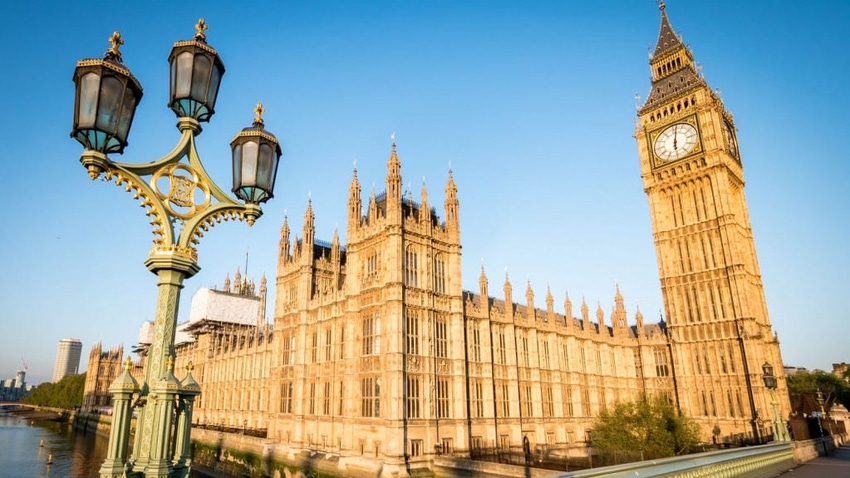UK govt takes action to prevent another 999 outage
The Department for Science, Innovation and Technology (DSIT) has recommended new measures designed to avoid a repeat of last summer's disruption to the UK's emergency calling service.
March 22, 2024

There's nothing revolutionary about them. There are already safeguards in place – as there should be – and BT has already implemented improvements to its emergency call handling systems to prevent future issues. Nonetheless, the handling of June's outage showed there was room for improvement.
A quick recap: On 25 June, a technical fault at BT – subsequently revealed to be a software bug – resulted in emergency calls not being routed correctly and users' calls being disconnected. The fault lasted 10 hours, during which time 9,641 unique callers were unable to access emergency services, with many more calls delayed or disrupted.
BT switched to a temporary back-up system, but it was not as good at providing the all-important location data which emergency responders rely on to pinpoint exactly where they're needed.
In the aftermath it also emerged that it took nearly three hours from when the fault occurred to BT notifying the government.
BT has repeatedly apologised for the disruption of last June, but issued a fresh one this week for good measure.
"The level of disruption to the service on Sunday 25 June 2023 has never been seen before and we are sincerely sorry for the distress caused," said Howard Watson, BT's chief security and networks officer.
"While no technology is 100% resilient, we have built a highly robust network with multiple layers of protection to connect the public to blue light services in their time of need. We take our responsibility to the emergency services and the public seriously, and on this occasion we fell short of our own high standards for the 999 service," he said.
Multiple investigations followed. In addition to an internal investigation by BT, Ofcom weighed in with one of its own, while DSIT carried out a post-incident review (PIR) with input from the emergency services, relevant government departments, and BT.
"The incident in June of last year marked the first significant disruption to the 999 system in nearly 90 years. We are determined to prevent history from repeating itself, with public safety being absolutely paramount," said Michelle Donelan, secretary of state for science, innovation and technology.
"This is why, following a thorough review of the incident, we are working with BT to establish enhanced resilience measures, ensuring the UK is always prepared to effectively address major emergencies," she said.
First and foremost, a notification system between BT, the emergency services and the government has been put in place so that ambulance trusts and police forces can rapidly enact a coordinated response.
The Cabinet Office will also lead efforts to figure out precisely whose job it is to make sure the 999 system can cope with a range of challenges, including cyber-attacks, natural disasters, a deluge of calls, and simultaneous incidents.
A cross-government communication plan will also be drawn up that aims to create a central point of public advice in the event of potential disruptions to 999 calls. It will apply to all four nations of the UK.
These recommendations are due to be implemented by the end of April. Once they are, the Cabinet Office will carry out an exercise to make sure they actually work.
About the Author(s)
You May Also Like








.png?width=300&auto=webp&quality=80&disable=upscale)


_1.jpg?width=300&auto=webp&quality=80&disable=upscale)


.png?width=800&auto=webp&quality=80&disable=upscale)